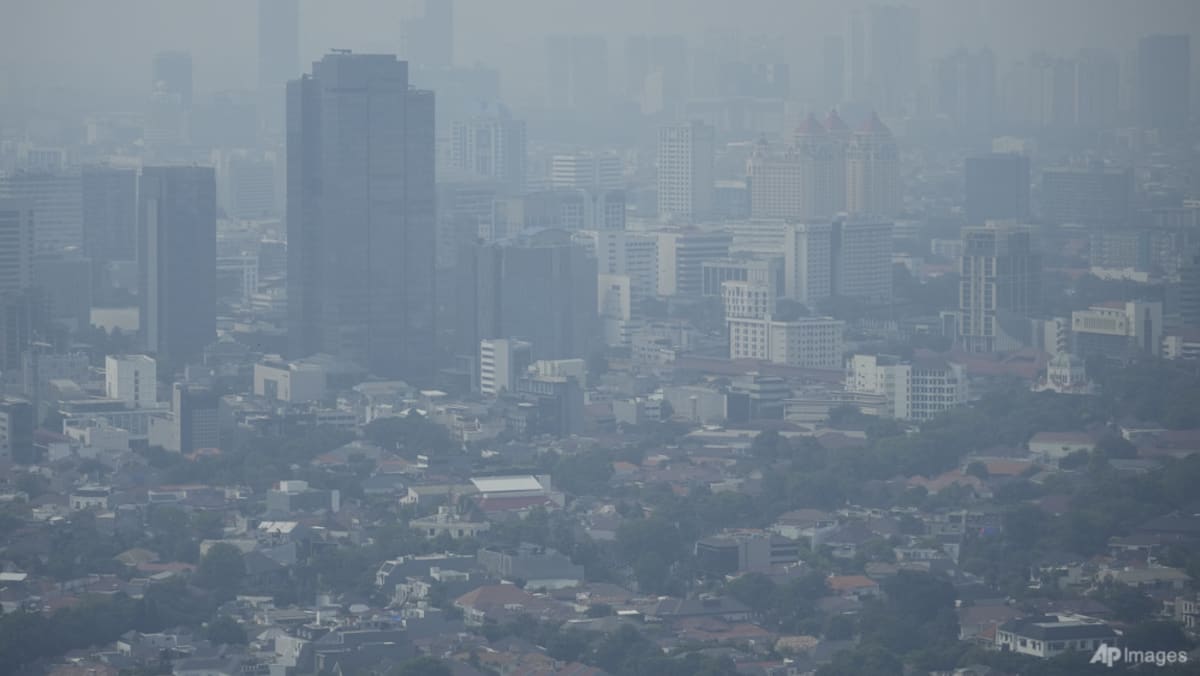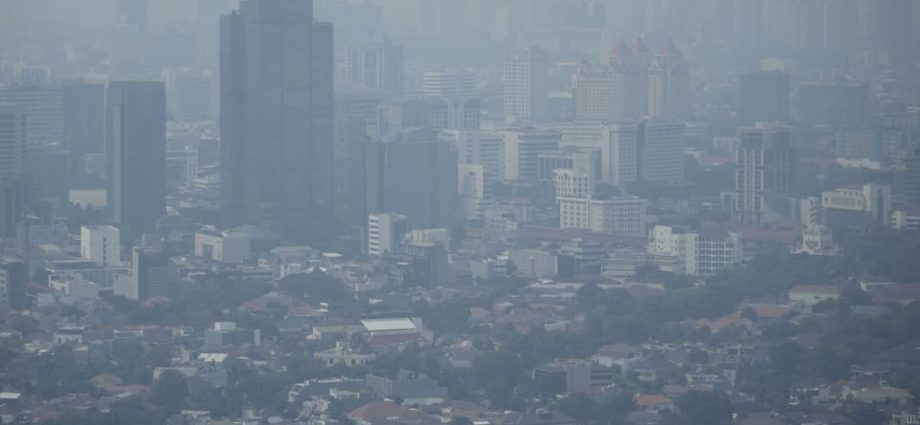
WHAT’S BEING DONE TO CURB JAKARTA’S AIR POLLUTION?
Widodo has called for measures to tackle the pollution, including urging workers to work in a hybrid manner (both online and offline), limiting emissions and urging residents to use mass transport. Longer-term measures include supervising coal-fired power plants, shifting to electric vehicles and providing more open green space.
Officials and politicians seem to have become air pollution experts overnight and scrambled to tackle the chronic pollution by issuing policies and recommendations.
The Indonesian Ministry of Environment and Forestry has formed a task force to tackle the problem, while the government has again recommended people wear a mask for the first time since lifting Covid-19 mandates a year ago. Last week, half of the city’s civil servants were asked to work from home for the next two months, although media associations cast doubt on the move, saying improving public transport is more important.
There was also a bizarre move taken by the Jakarta police and fire department last week that involved spraying water cannons across Jakarta’s thoroughfares, which was claimed to be an effort to reduce air pollution.
How dangerous exactly is the city’s air pollution?
Head of the Indonesian Lung Doctors Association Agus Dwi Susanto has previously said Jakarta’s air pollution emitted from motorised vehicles was as dangerous as cigarette smoke. “Eighty-six per cent of lung cancer is linked to cigarettes and 4 per cent to air pollution,” Agus told local media in 2019.
Last week, Indonesia’s Health Minister Budi Gunadi Sadikin said the number of acute respiratory infection cases had risen in Jakarta. “We’ve seen (that) before the COVID-19 pandemic, there were about 50,000, now it’s risen up to 200,000 cases,” he said, blaming air pollution.

